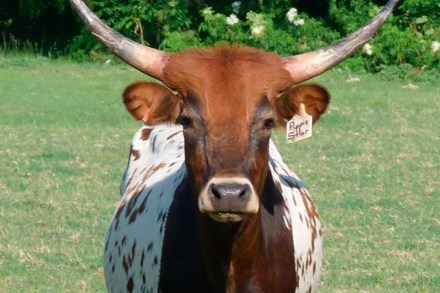Man’s true best friend
This unusual book begins with an account of the author’s ten-year love affair with dairy farming and an attempt ‘to give a flavour of what our cattle do for us’. It then turns into a survey of the various British breeds of cattle. After poor A-levels, Philip Walling took odd jobs in his native Cumbria, such as building dry-stone walls, until he managed to acquire a small farm of his own. With great determination, he ran this single-handed, keeping both beef and dairy animals and raising poultry and a couple of pigs. They were, in retrospect at least, ‘ten years of almost undimmed joy’. But aged 30, discouraged by the





















